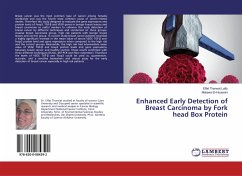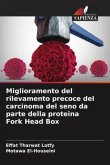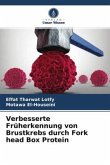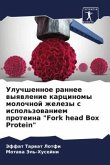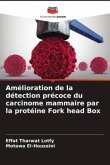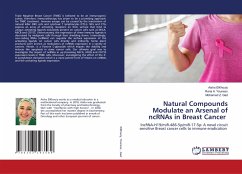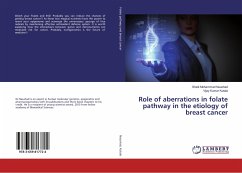Breast cancer was the most common type of cancer among females worldwide and was the fourth most common cause of cancer-related deaths. Therefore this study designed to evaluate the gene expressions and protein levels of Foxp3, TGF-beta and VEGF genes in benign breast lesions and breast carcinoma as useful markers to enhance the early detection of breast cancer by different techniques and conducted on three groups; invasive breast carcinoma group, high risk patients with benign breast lesions and control group. In current study breast cancer patients recorded a highly significant increase in the mean value of serum VEGF, TGF-beta and Foxp3 protein level and gene expressions when compared to the high risk and the control groups. Meanwhile, the high risk had intermediate mean value of VEGF, TGF-beta and Foxp3 protein levels and gene expressions between breast cancer and healthy control. These results confirmed with three different techniques (ELISA, qRT-PCR and Flow cytometer). Therefore the levels of VEGF, TGF-beta and Foxp3 could be used as, quantitative, accurate, and a sensitive biomarkers and robust assay for the early detection of breast cancer especially in high risk patients .
Bitte wählen Sie Ihr Anliegen aus.
Rechnungen
Retourenschein anfordern
Bestellstatus
Storno

